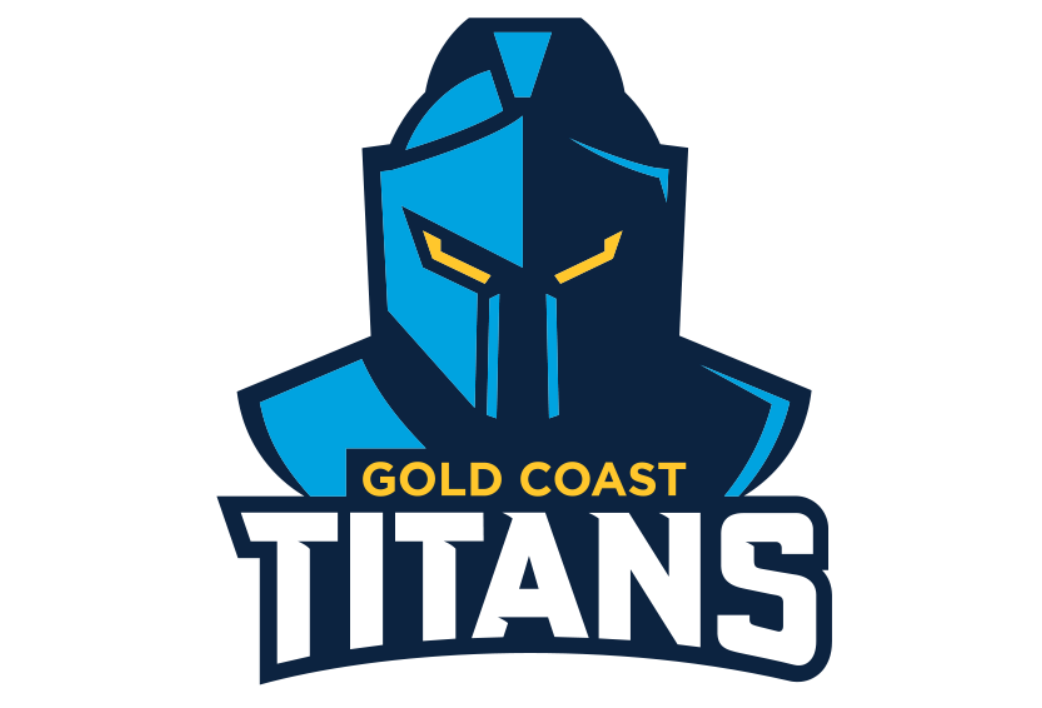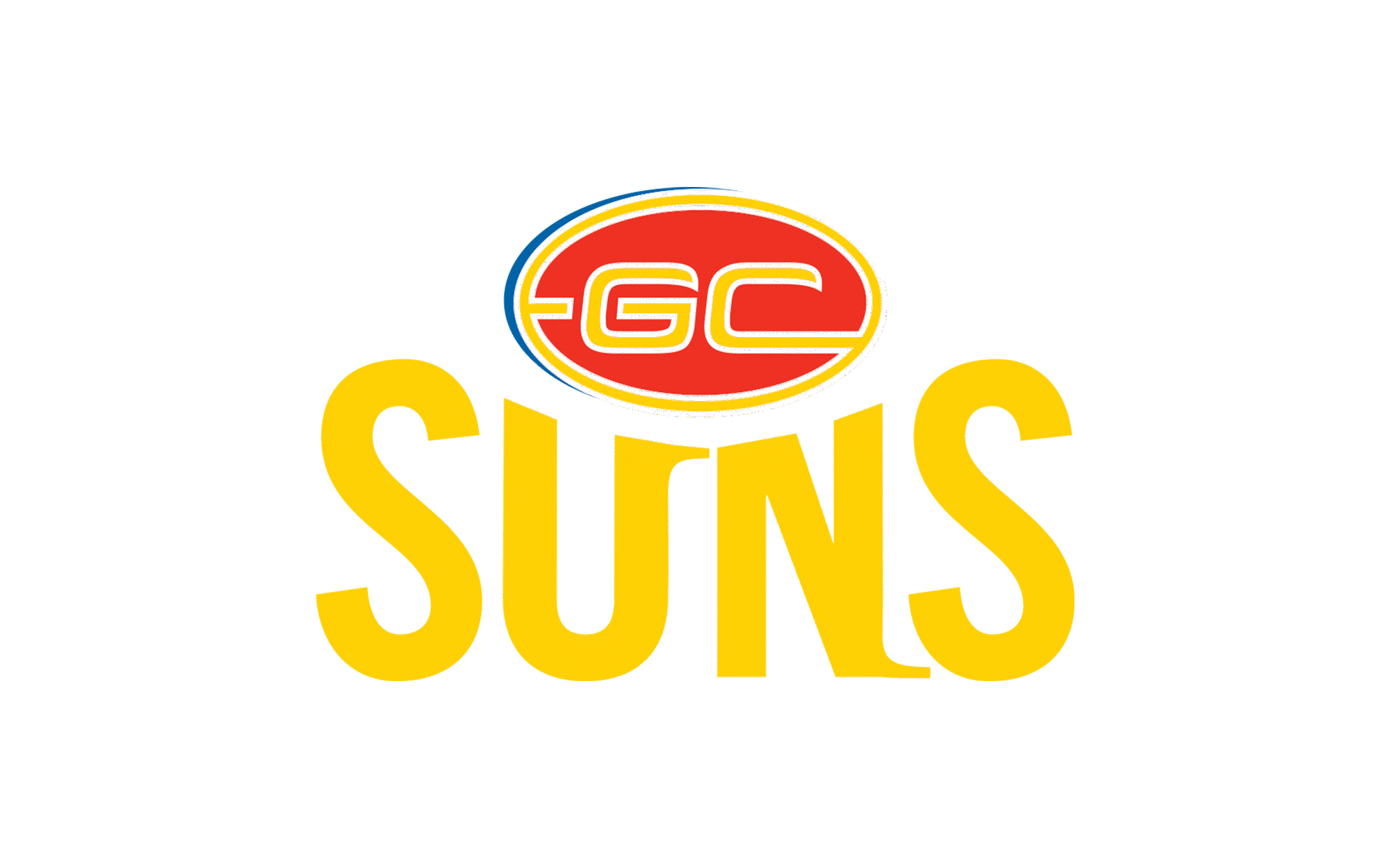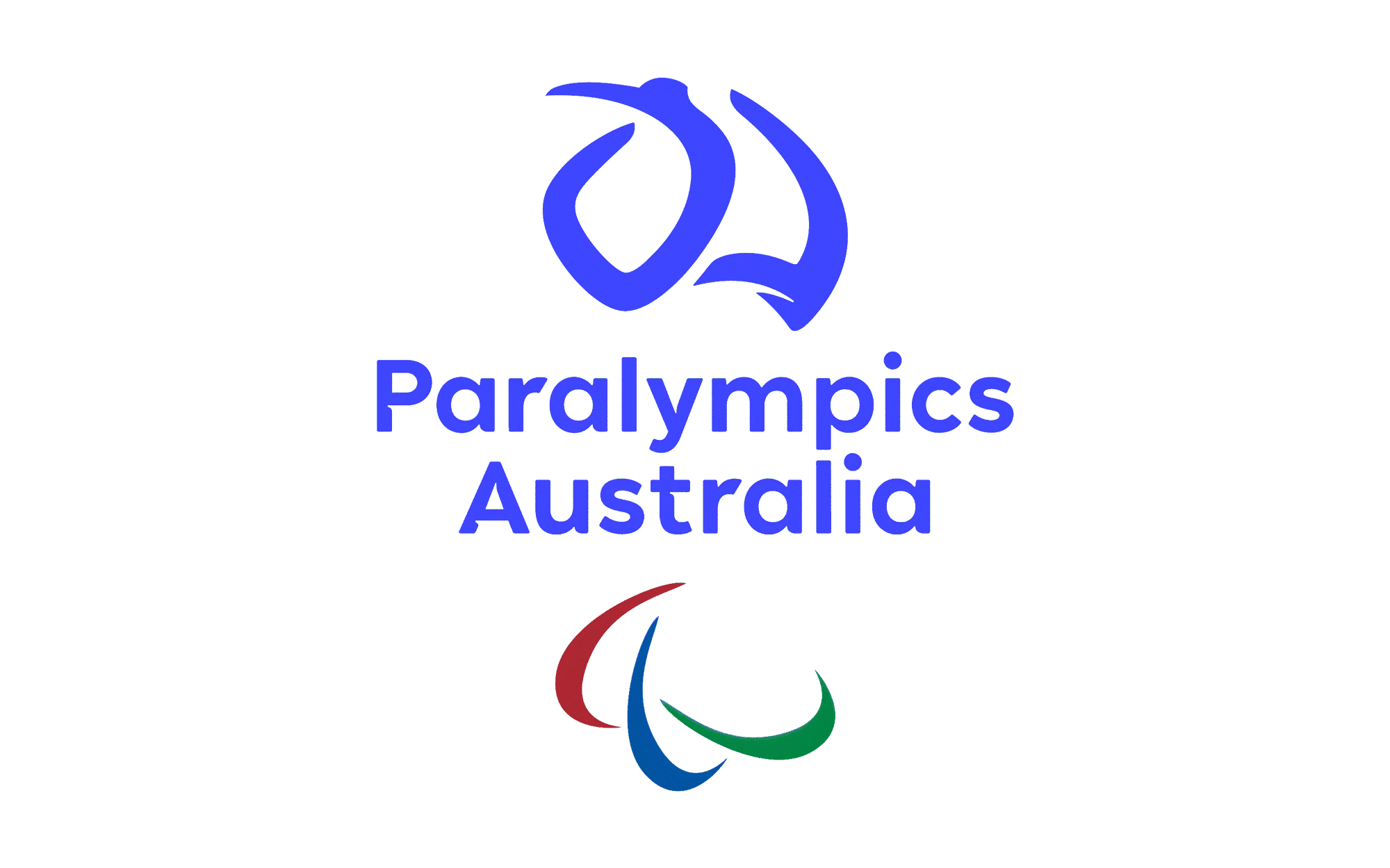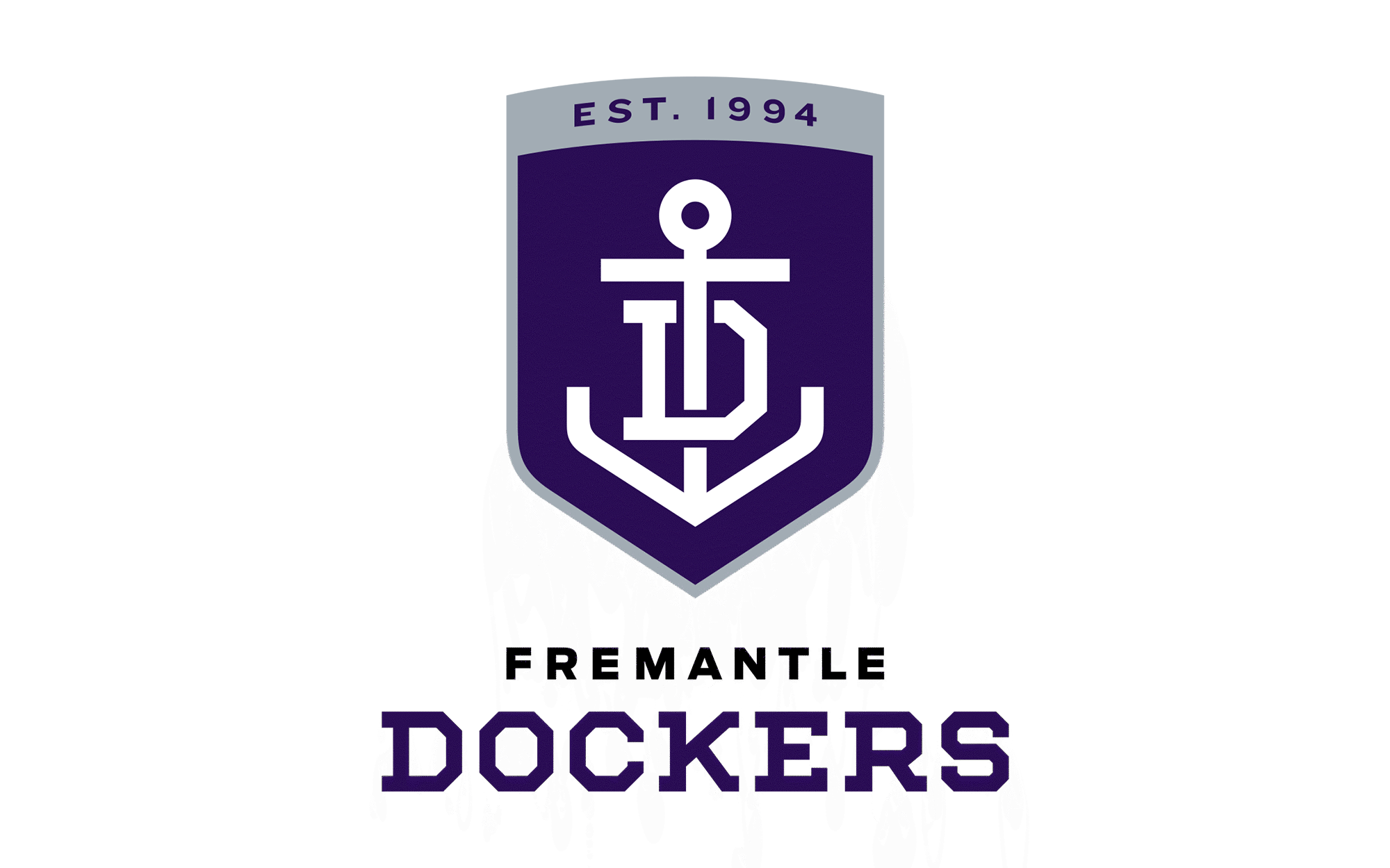Music, sport and the future of fandom and media.
There is an intrinsic relationship between music and sport.
All the big games, events and moments have their soundtrack. Fans adopt hit songs as anthems or rework them into humorous chants.
There are qualitative similarities, too, between the two. Both are animated by the emotions and talent of young people. Both are built around spectacle and intense live experiences. Both inspire devoted followings that transcend borders and create a common language.
The biggest music acts have long been part of the biggest sporting showpieces, from major opening and closing ceremonies to the Super Bowl Halftime Show.
Yet there is an argument that the exchange between these industries remains surprisingly superficial.
At a macro level, the lessons of recent music history are followed closely by many sports powerbrokers. The disintermediating effect of audio files, the internet and mobile devices turned the music business on its head, with record companies rocked at first by pirated content and then collaborating on the pivot to streaming. The fear in the past few years is that sport’s reliance on live broadcast rights income has left it vulnerable to a similar upheaval.
The response to that could lean on something more inventive, involving fans in creative processes and giving them more freedom to play with IP - much like how music streaming services have used playlists to recreate mixtape culture.
In the meantime, some sports properties have become more deliberate in how they align music with their identity. The National Football League (NFL), which has been working with Jay-Z's Roc Nation Sports on its entertainment strategy and the Super Bowl Halftime Show since 2019, appointed Seth Dudowsky as its first dedicated head of music in April.
In the UK, the Hundred short-form cricket tournament has live musical performances at the halfway point of every match, and in between games in men’s and women’s double-headers. That is not especially innovative in itself but the England and Wales Cricket Board is thinking differently about who appears on stage.
It has worked with the BBC - its free-to-air TV and radio partner for the competition - to bring in up-and-coming acts from its BBC Music Introducing strand. That is intended not only to give an original sound to Hundred matches, and allow new opportunities to young artists, but also to reinforce the connection with an audience that the sport is trying to reach. BBC radio DJs perform sets during matches, too, while other personalities are part of the on-air presenting team for television.
Elsewhere, over the summer, streaming market leader Spotify began a huge new commercial partnership with Spanish football giants FC Barcelona. Reportedly valued at €280 million over four years, that agreement grants Spotify promotional assets including front-of-shirt placement and title sponsorship rights to the Catalan club’s Camp Nou home.
More compellingly, it is a collaboration that brings the promise of much greater integration between sports and music communities, not to mention combinations of artists and athletes. Beyond branding, the potential for crossover is hard to ignore. The question, though, is what ideas can work at that scale, and how Spotify - whose credentials with music fans have suffered in rows over compensation for artists - will deliver them.
The worlds of sport and music look certain to move closer together but there will still be work to do to find the perfect pitch.
Subscribe to our newsletter to receive the latest news and exclusive offers. No Spam!
Thankyou.
We’ll be in touch shortly.



